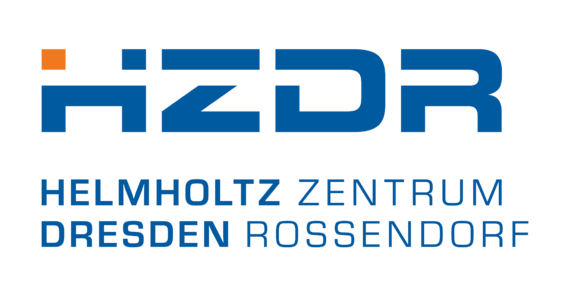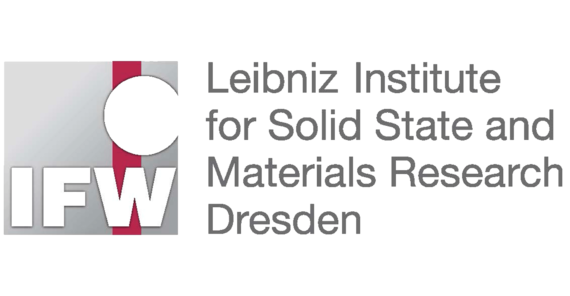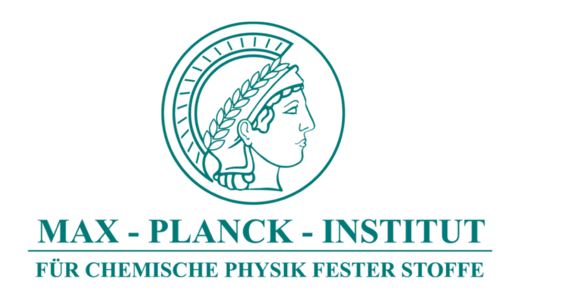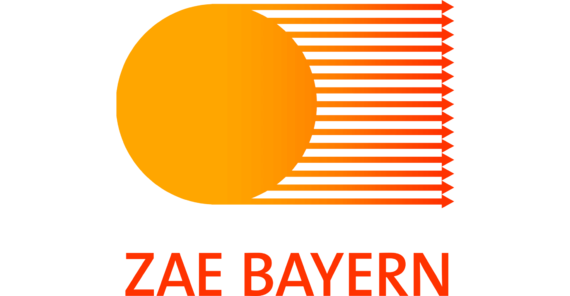Partners
The ct.qmat cluster is a large-scale effort with the goal to deeply understand, to control, and to apply complex and topological quantum materials. This cannot be achieved alone.
Here you find information about all institutions collaborating within the cluster.
Helmholtz-Zentrum Dresden Rossendorf
Leibniz Institute for Solid State and Materials Research
We explore the physics and chemistry of new materials. Our aim is to generate new fundamental knowledge and innovations. New materials are necessary to store information in a better way and to transmit it faster, to filter waves of specific frequency, to shield magnetic fields, to convert heat into electricity or to store energy
Max-Planck-Institute for Chemical Physics of Solids
The core scientific goal of MPI-CPfS is to work at the forefront of modern solid state chemistry and physics. Particular emphasis is placed on the boundary between the two fields. Major open questions studied include understanding the interplay of topology and symmetry in modern materials, maximising the level of control in material synthesis, understanding the nature of the chemical bond in intermetallic compounds and studying giant response functions at the borderline of standard metallic and superconducting behaviour. This fundamental research lays the foundations for future work on applications.
Max Planck Institute for the Physics of Complex Systems
The Physics of Complex Systems, still a relatively young field, is developing rapidly and is constantly changing in the course of this development. This is due to the variety of subjects ranging from new and unconventional questions in traditional areas such as solid state physics or molecular physics, all the way to physical problems in biological or man-made systems (e.g. financial markets). The goal of the Institute is to contribute to the research in the field of complex systems in a globally visible way and to promote it as a subject. For this reason, the organization of the Institute differs greatly from most Max Planck Institutes. The concept rests on two pillars: in-house research and a program for visiting scientists. The latter not only covers individual scholarships for guest scientists at the institute, but also 20 international workshops and seminars per year.
Bavarian Center for Applied Energy Research
We work at the interface between knowledge-based basic research and applied industrial research. Under the motto "Excellent Energy Research - Excellent Implementation", we realize complete innovation packages that build on synergies between generation, storage and efficiency measures.
For the cluster we investigate organic semiconductors. Several phenomena in these semiconductors are related to the spin properties of triplet excitons and charge transfer states that are optically or electrically generated in device active layers and can influence the charge carrier generation and radiative recombination quantum efficiency.






